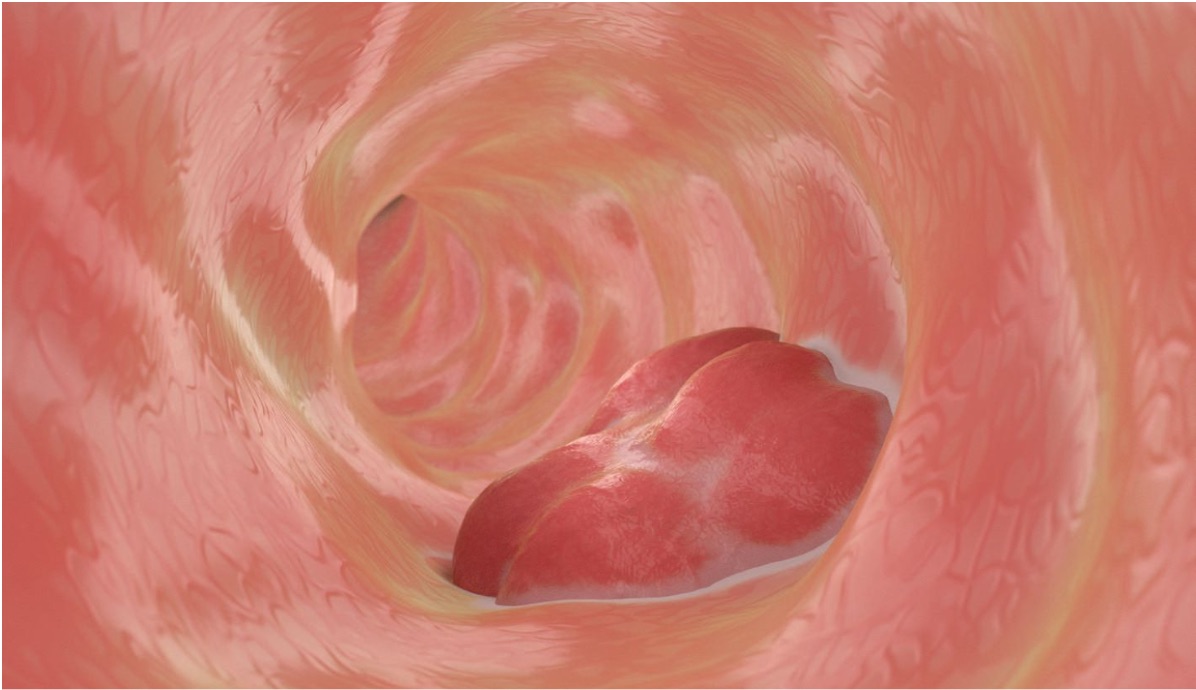In a recent study published in *eClinicalMedicine*, researchers explored whether increasing alcohol consumption directly elevates the risk of developing dementia among current drinkers.
The study found that as predicted alcohol consumption, based on genetic data, increases, so does the risk of dementia. This challenges previous beliefs and suggests that no level of alcohol consumption is safe regarding dementia prevention.
**Background**
By 2050, the number of people living with dementia globally is expected to rise to nearly 153 million from over 57 million in 2019, underscoring the need for effective prevention strategies.
While heavy drinking is a well-established risk factor for dementia, the impact of light-to-moderate alcohol consumption remains debated. Previous research has often been influenced by "abstainer bias," where individuals who abstain from alcohol due to health issues are compared to drinkers, potentially distorting results. Additionally, these studies might not fully account for early cognitive decline or interactions with other health conditions, leading to inconsistent evidence about whether moderate drinking reduces dementia risk.
Some past studies have utilized genetic data to mimic randomized trials and minimize bias, but these often assumed a linear relationship between alcohol consumption and dementia risk. The causal effect of light-to-moderate drinking on dementia remains unclear.
**About the Study**
This research used data from the UK Biobank to examine if light-to-moderate alcohol consumption leads to a higher risk of dementia among current drinkers.
Researchers first employed a common statistical method to assess the risk of dementia at various levels of alcohol consumption. They then used Mendelian Randomization (MR), a genetic approach, to explore if genetic variants associated with alcohol consumption could reveal a direct connection between alcohol and dementia risk.
The study involved over 300,000 white British adults who were current drinkers. Participants provided information on their drinking habits and genetic data. Those who did not drink or had dementia at the study's start were excluded.
Alcohol intake was measured based on weekly consumption, following UK health guidelines, and dementia cases were tracked through hospital and death records. The genetic analysis utilized data from 95 genes related to alcohol consumption to assess the direct impact of drinking on dementia risk, adjusting for age, sex, and lifestyle factors.
**Findings**
Researchers followed 313,958 current drinkers for about 13 years, during which 1.7% (5,394) were diagnosed with dementia. On average, participants consumed 13.6 units of alcohol weekly, with nearly half (48.6%) exceeding the UK's recommended limit of 14 units per week.
Men generally consumed more alcohol than women, with an average of 20.2 units per week compared to 9.5 units for women. More women (68.6%) adhered to the safe drinking limits compared to men (34.2%).
A "J-shaped" pattern was observed in the relationship between alcohol consumption and dementia risk. Light-to-moderate drinking (around 11.9 units per week) was linked to the lowest risk, while higher consumption increased the risk. For men, the lowest dementia risk was observed at 16.8 units per week, but no clear pattern was found for women.
Genetic analysis revealed that individuals with genes associated with higher alcohol consumption were more likely to develop dementia, especially women, indicating a direct role of alcohol in increasing dementia risk, particularly with heavier drinking.
**Conclusions**
The study identified a linear relationship between alcohol consumption and dementia risk, with increased risk associated with higher alcohol intake among current drinkers. This contrasts with traditional epidemiological studies, which often suggest a J-shaped relationship with potential protective effects from moderate drinking.
The MR analysis in this study suggests that protective effects observed in previous studies might be due to biases such as abstainer bias or confounding factors like socioeconomic status.
Strengths of the study include the use of MR to reduce bias and assess both linear and non-linear effects of alcohol on dementia. However, limitations include reliance on self-reported alcohol data, potential biases from selective UK Biobank participants, and the focus on current drinkers, which may limit the generalizability of the results.
Future research should involve diverse populations to better understand the impact of alcohol on dementia risk across different racial and ethnic groups.

























0 Comments